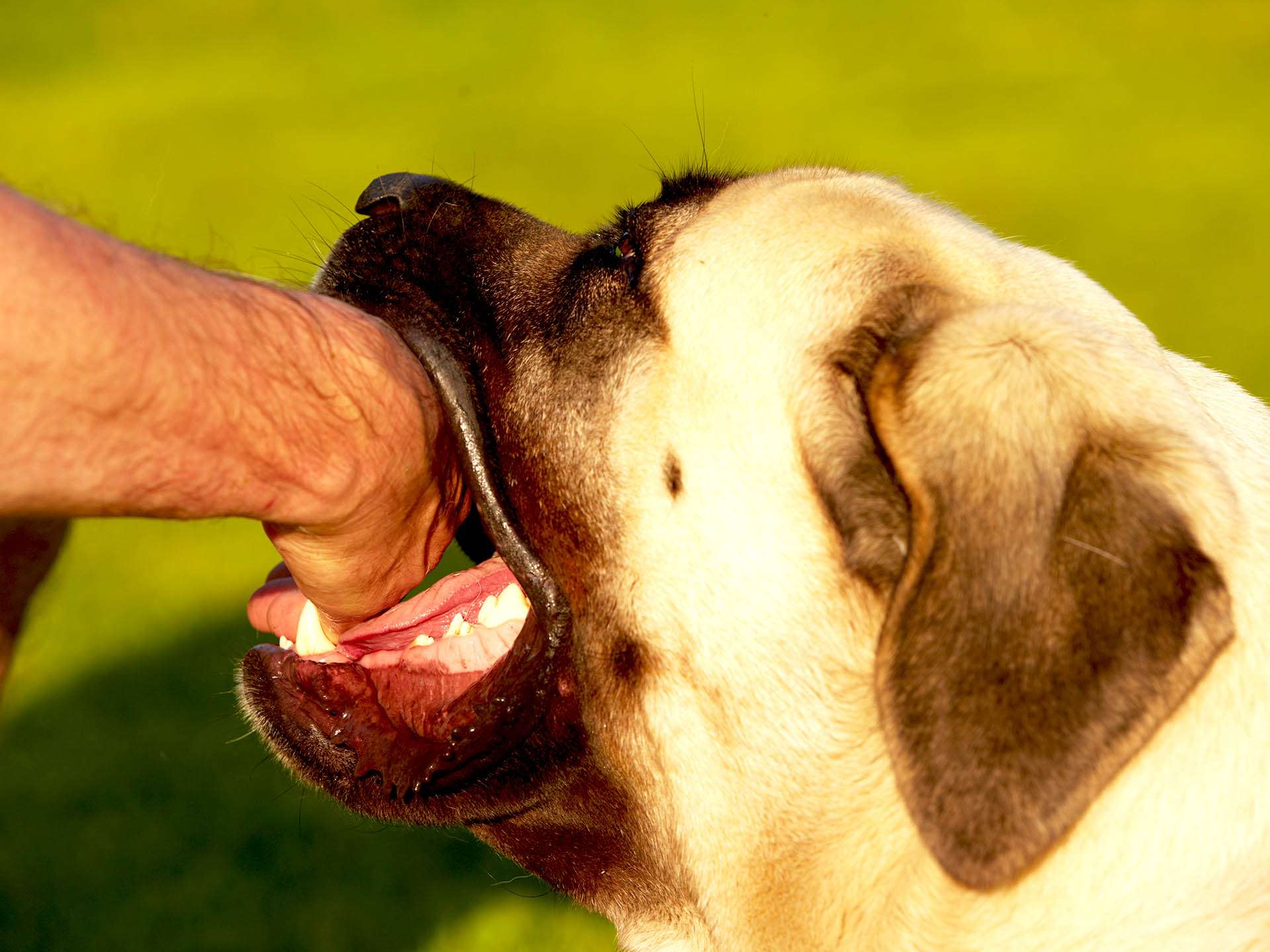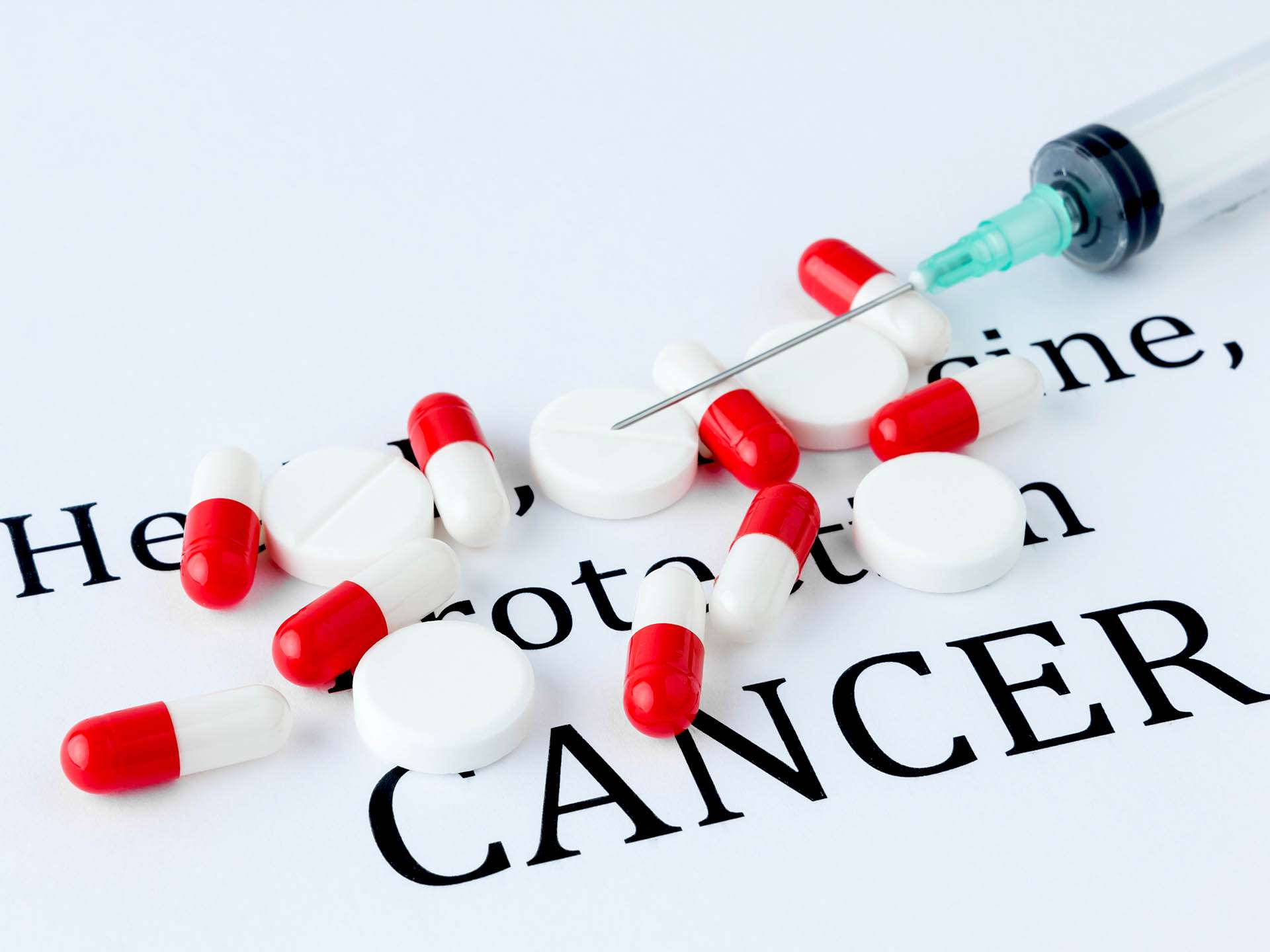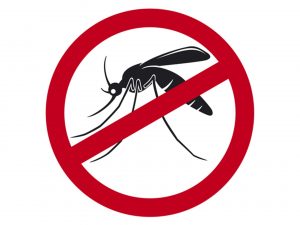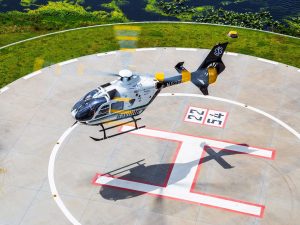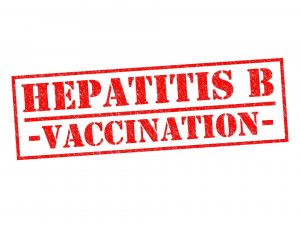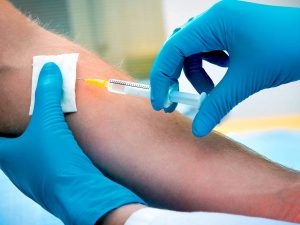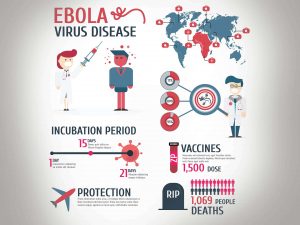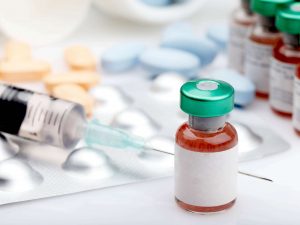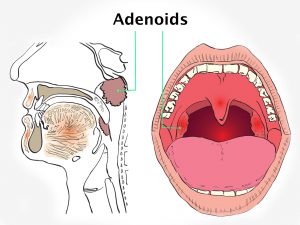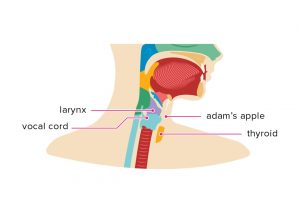Animal bites have been noted in large numbers widely across the world. Most often domestic animals (dogs, cats) are the sources, although other animals like snakes, rodents, raccoon, bat, skunk, fox, coyote, and squirrels are also involved. Most feared complication of animal bites is rabies and infection.
Hands bitten by animals are at higher risk of getting bone injury and infections since in the hands the skin layer is very close to the bones and joints.
Be it minor or major, all animal bites require immediate attention.
Treating a bite depends upon various factors including the type of animal and its status (rabies vaccination history, behavior, local, or pet); reason for the bite (provoked, defensive bite, or unprovoked sick animal bite); location of bite on the victim’s body, and lastly, victim’s medical history (immunocompromised, peripheral vascular disease, liver disease, cancer, HIV, or diabetes; and tetanus and rabies vaccination history).
First aid in animal bite.
Whenever there is a bite, rinse the wound generously with soap and water, then apply an antibiotic cream and cover it with a bandage to avoid infection. If there is bleeding, try to stop it by pressing the wound with a clean towel. In case of minor scratches, there would be no need to visit a hospital. However, bringing the victim immediately to the emergency room if the bite has pierced deep into the skin and the wound is bleeding even after applying pressure for 15 minutes; when bone injury is involved; or the victim has a medical history.
Assessment of wound is essential.
Deep wounds should be checked for damage of underlying nerves, tendons, blood vessels, bone, and presence of any foreign bodies. Often culturing fresh wounds do not yield proper results. Nonetheless, wounds should be cultured to pinpoint the microbes to deliver appropriate antimicrobial treatment when there are signs of infection such as redness, swelling, pain, and fever.
Steps for wound care.
- After cleaning the wound with a mild antimicrobial soap and water, it is irrigated with copious amount of sterile saline solution through a syringe and intravenous (IV) catheter.
- After giving a local anesthetic, dead and devitalised tissue and any foreign particles are removed carefully.
- Wounds with minimal damage can be closed by suturing after effective cleansing. Facial wounds are often closed immediately due to the concern of scars. However, wounds should be kept open for some time in case of bite wounds of hands or other extremities; unattended wounds for more than 8 hours; or if the victim is immunocompromised.
- If it’s a hand bite, then the wound should be wrapped in a bulky bandage or splint to stay static and kept elevated to hasten circulation.
Start antibiotics to prevent or treat infections.
Antibiotics covering the common infecting microbes are prescribed for the victim after cleansing the wound to prevent infection. Generally, it’s a 3- or 5-day course, but if an infection is suspected, a 10 or longer day course is advised. The first-line antibiotic is amoxicillin/clavulanate. For hospitalised victims, the first dose of ampicillin/sulbactam, ticarcillin/clavulanate, piperacillin/tazobactam, or a carbapenem is given IV. Penicillin allergic victims can receive trimethoprim-sulfamethoxazole plus clindamycin, doxycycline plus clindamycin, ciprofloxacin plus clindamycin, or azithromycin. Victims bitten by monkeys need prophylaxis with valacyclovir or acyclovir for 14 days.
Get a booster shot of rabies and tetanus vaccine.
- Bitten adults should get a shot of tetanus toxoid vaccine if the last vaccination was more than 5 years ago. Alternatively, victims who are not sure about the time of their last vaccination can receive a shot of tetanus immune globulin.
- The most common threat from animal bite (especially from dogs, cats, and monkeys) is rabies, a potentially fatal disease. Passive immunisation with rabies immune globulin is recommended in suspected victims.
